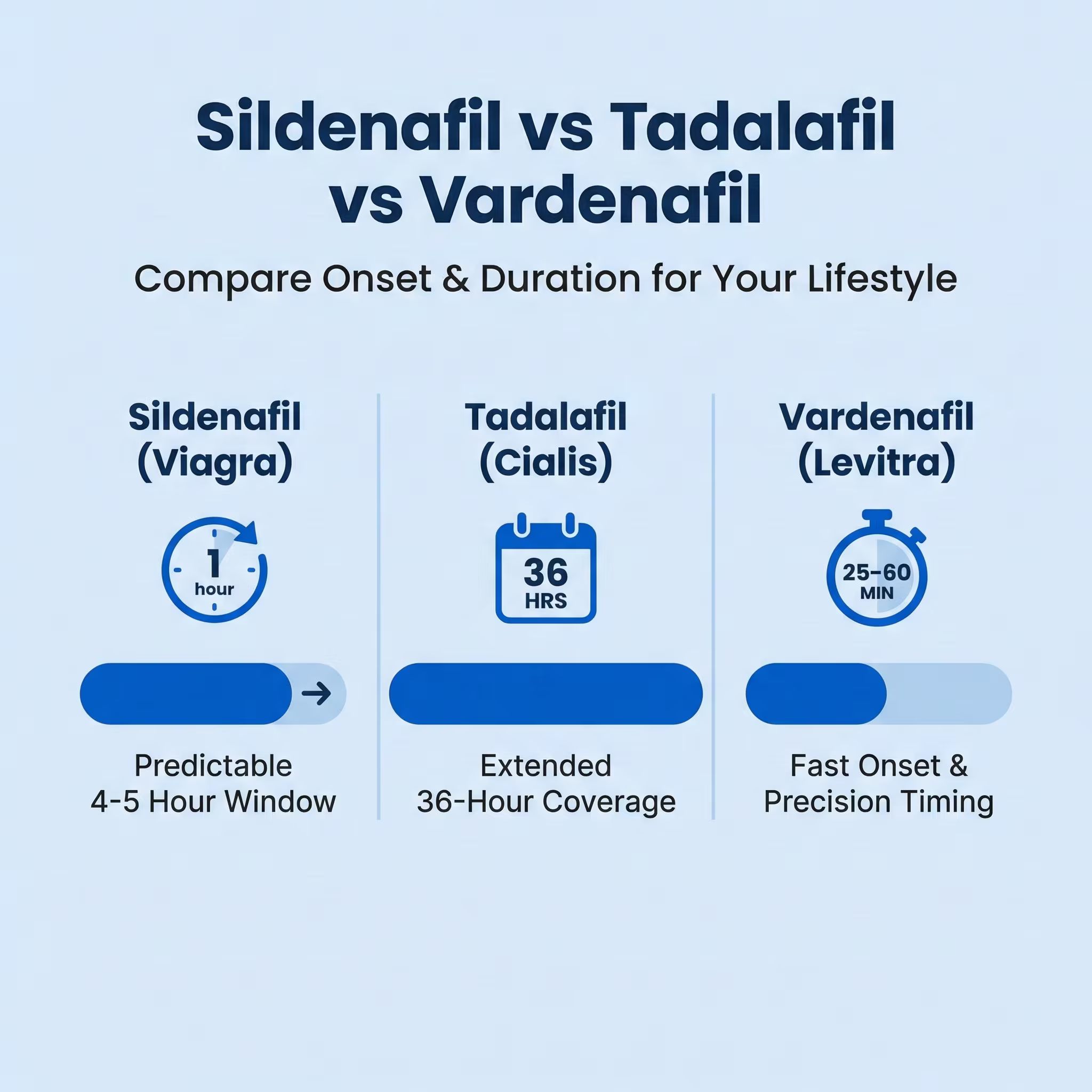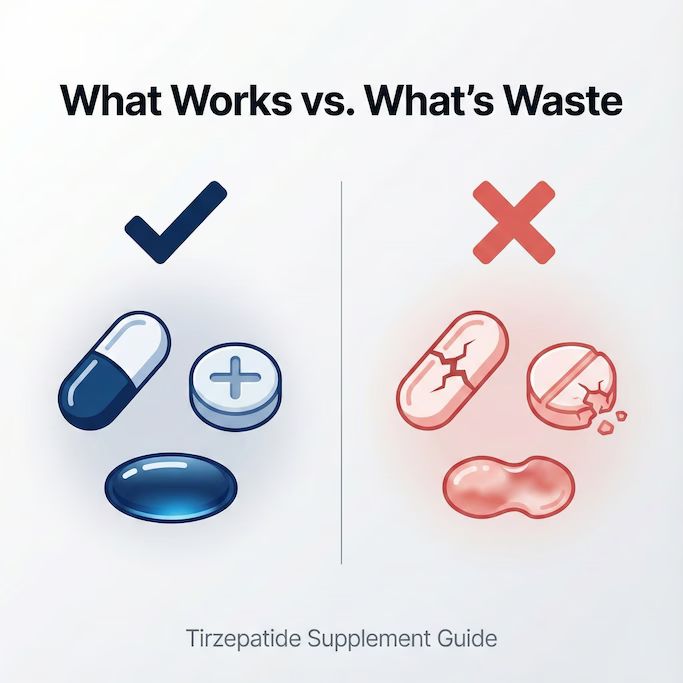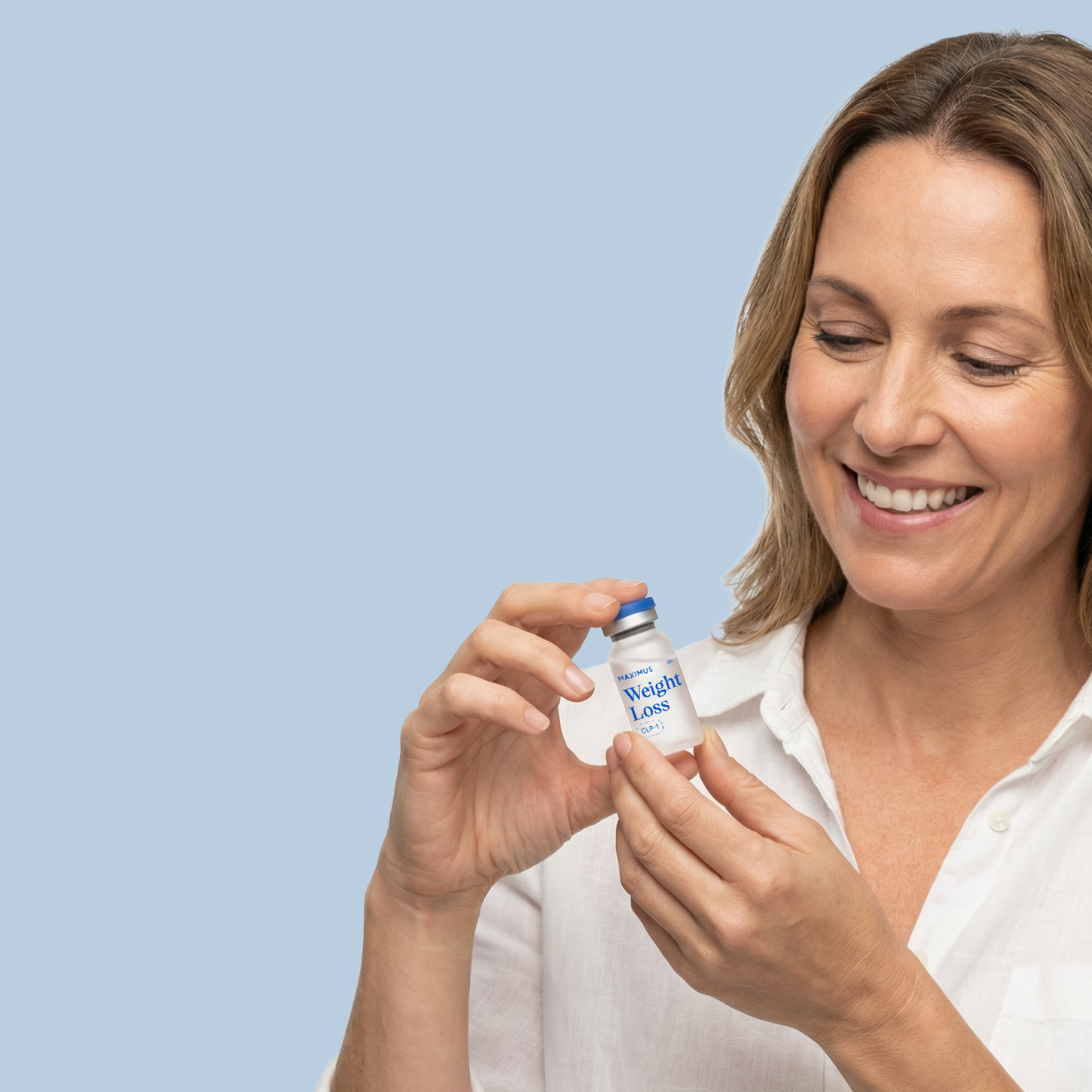Some important takeaways:
- Aside from impacting sexual characteristics and reproductive functioning, testosterone also impacts things like mood, behavior, memory, and energy.
- While scientists are still not definitive on the connection between low testosterone and depression, the idea that they possibly influence each other shouldn’t be dismissed.
- Studies show that testosterone therapy may improve depressive symptoms among men with low testosterone, but managing overall health, regulating stress, and getting quality rest are also important in managing low testosterone symptoms.
When you think about depression, you might think about symptoms like lack of motivation, low energy levels, fatigue, irritability, sadness, trouble concentrating, and a decreased sex drive. But have you ever thought about how each of these symptoms can also be a possible sign of low testosterone?
Interestingly, studies suggest these two conditions may be connected, and that changes in testosterone levels can sometimes make people more likely to experience symptoms of depression. That said, that’s just a theory and researchers are still unclear on exactly what’s behind the correlation between these two conditions.
Let’s take a look at what the science says about low testosterone and depression.
Here’s how testosterone affects your mood
One of the reasons why the relationship between testosterone and depression is a hot research topic is because testosterone is a neuroactive steroid — one of several including progesterone and estradiol. Neuroactive steroids not only impact sexual characteristics and reproductive functioning, but also impact behavior, mood, memory, energy, and learning.
When testosterone production gets disrupted or thrown off balance, you can experience physical, mental, and emotional changes. You’re probably well aware by now that testosterone tends to decrease with age, but fluctuations may also occur due to factors like chronic stress or poor sleep quality. This can result in behavioral changes associated with depression, or lead to depressive feelings. Because of this connection, researchers have looked into the potential benefits of using testosterone therapy to treat depression.
Low testosterone is associated with a higher depression risk
A study from 2021 suggests that testosterone could be a possible biomarker for depression. In various studies, researchers have identified associations between high and low testosterone levels and depression. Researchers suggest that the association could be due to a relationship between bioavailable testosterone and depressive symptoms, particularly in middle-aged men. More specifically, a study found that when compared to men without depression, depressed men had lower levels of both bioavailable testosterone and total testosterone.
Despite these interesting connections, a lot more in-depth research is needed for us to be able to better understand exactly how low testosterone and depression are related.
Is it possible to treat low testosterone and depression at the same time?
There are plenty of ways to treat low testosterone, just as there are many options for addressing depression. But is there a way to treat both of them simultaneously? Interestingly, research shows that testosterone treatment may help reduce symptoms of depression.
In a study where participants who had clinically low testosterone both with and without significant depressive symptoms were treated with testosterone replacement therapy (TRT), the participants saw small improvements in energy and mood. Results from another study also showed that testosterone was associated with a significant reduction in symptoms of depression, but particularly among those who took higher doses of testosterone each week.
Still, more research is needed so that scientists can get a better grasp on the possible ways that testosterone treatment might be helpful for those with depression. Managing overall health, regulating stress, and making lifestyle changes like getting a sufficient amount of quality rest are also important in managing symptoms of both conditions.
Disclaimer: The contents of this article, including, but not limited to, text, graphics, images, and other information, is for information purposes only and does not constitute medical advice. The information contained herein is not a substitute for and should never be relied upon for professional medical advice. The content is not meant to be complete or exhaustive or to be applicable to any specific individual's medical condition. You should consult a licensed healthcare professional before starting any health protocol and seek the advice of your physician or other medical professional if you have questions or concerns about a medical condition. Always talk to your doctor about the risks and benefits of any treatment. Never disregard or delay seeking professional medical advice or treatment because of something you have read on this site. Maximus does not recommend, endorse, or make any representation about the efficacy, appropriateness, or suitability of any specific test, products, procedures, treatments, services, opinions, healthcare providers or other information contained herein. Maximus is not responsible for, nor will they bear any liability for, the content provided herein or any actions or outcomes resulting from or related to its use.










